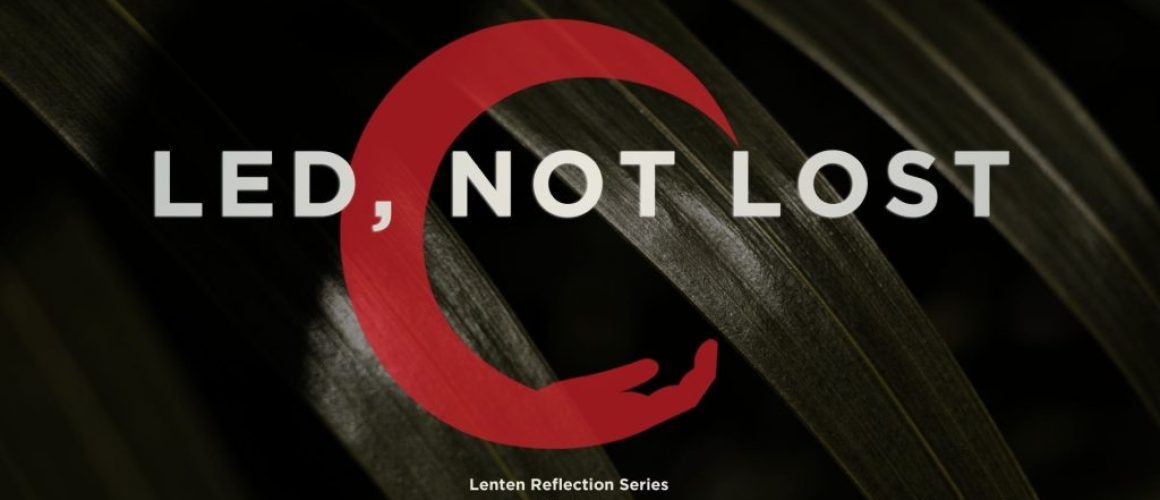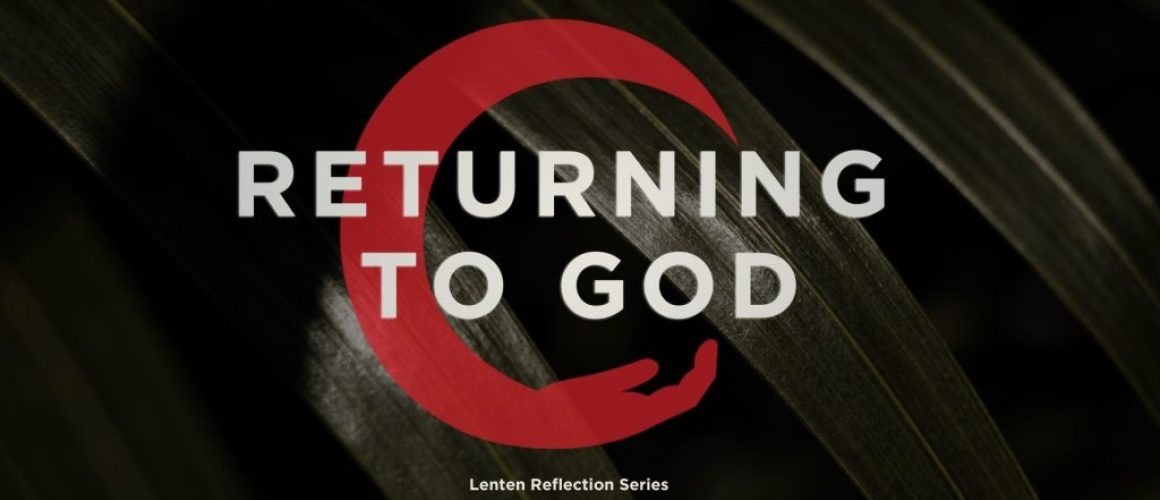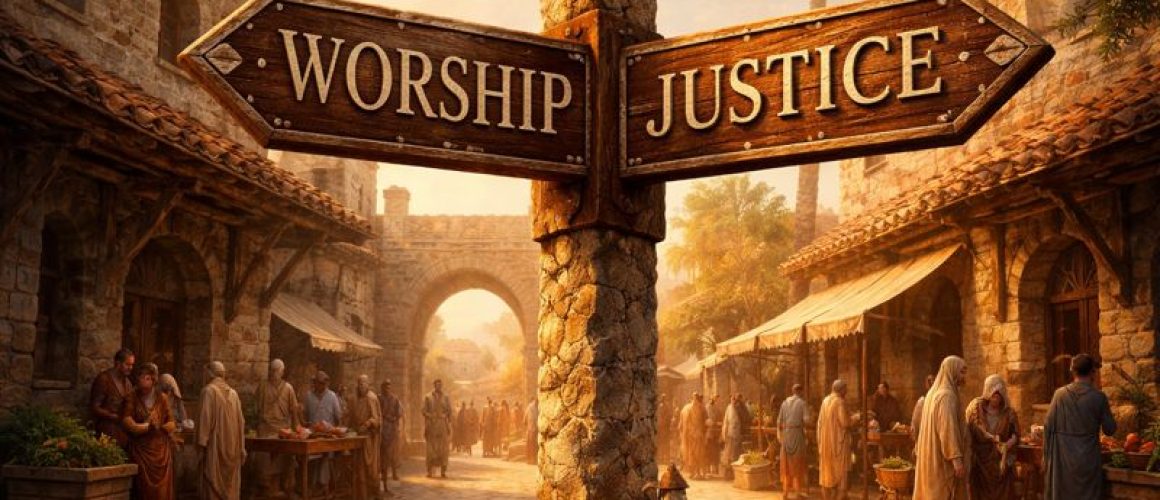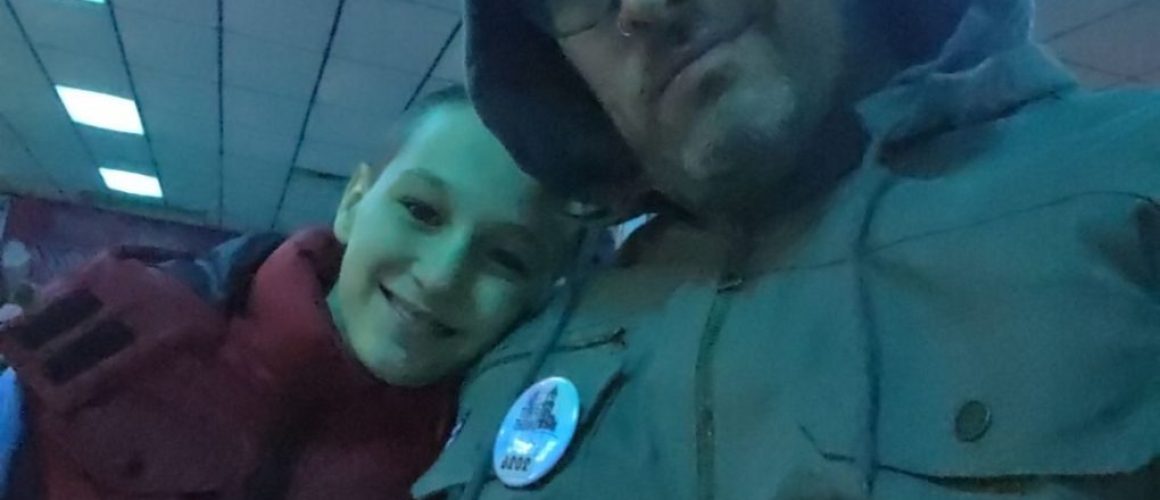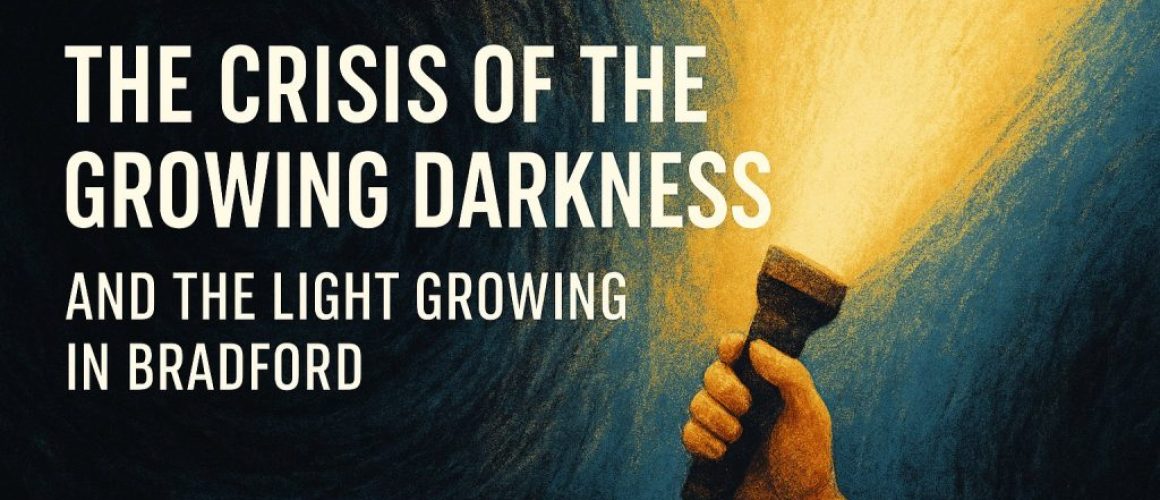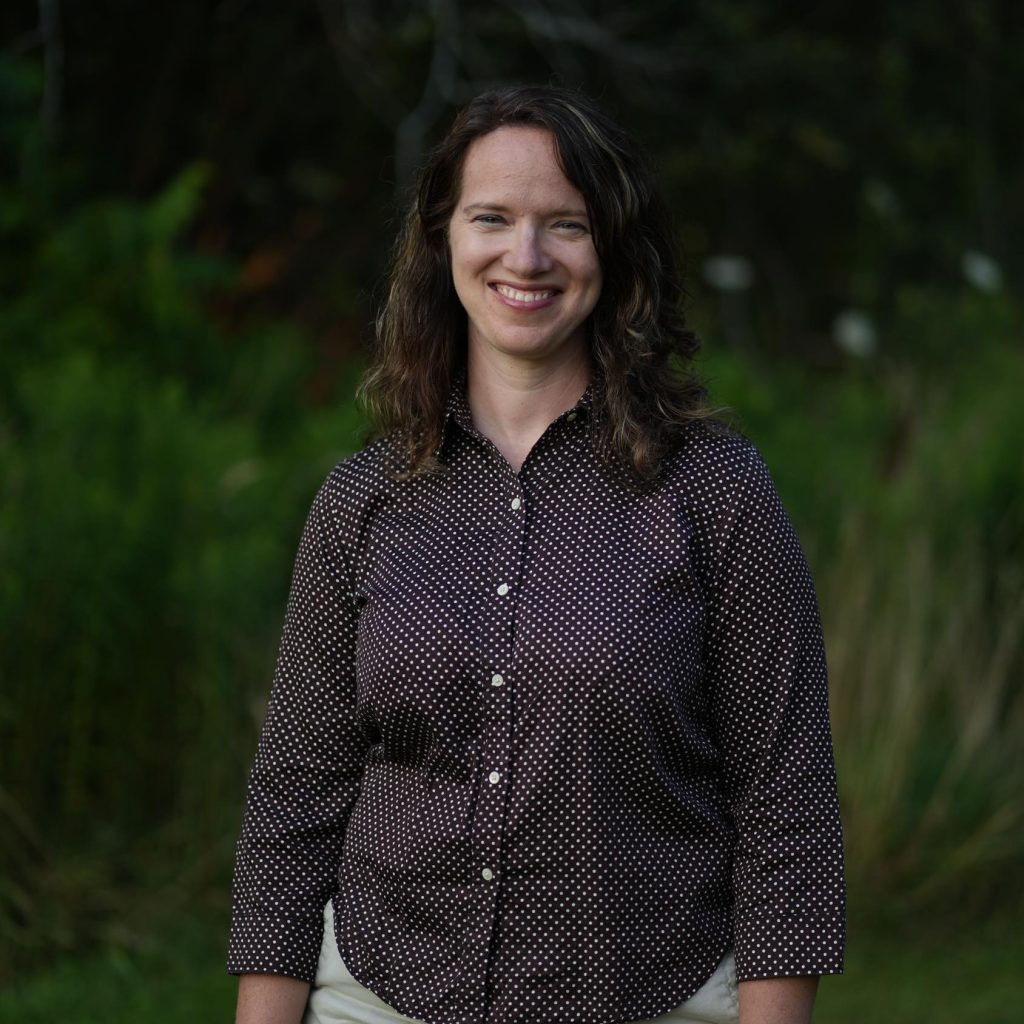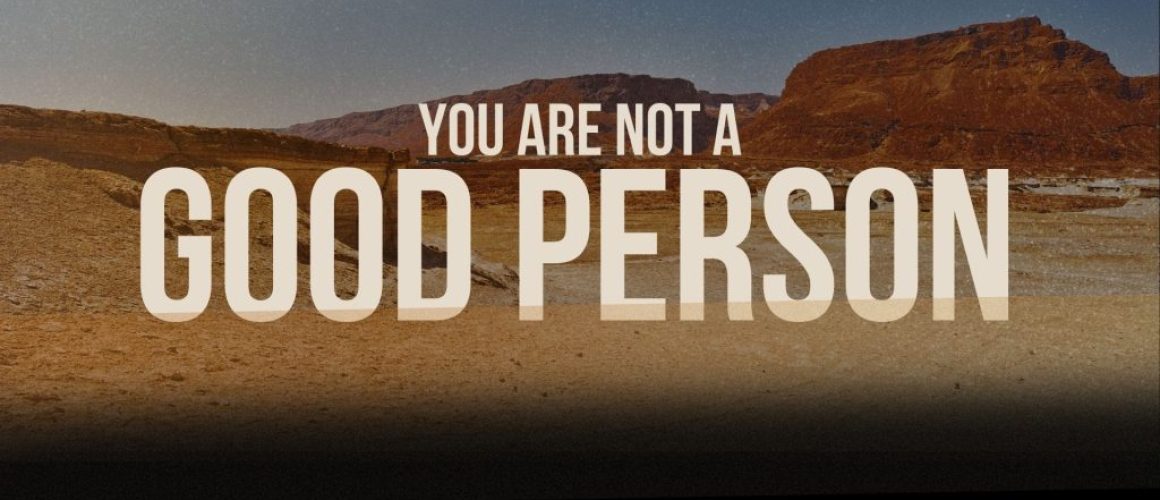Led, Not Lost: A Lent Week 2 Reflection on Trust and God’s Leading
A Leap of Faith
There’s a moment in Indiana Jones and the Last Crusade where Indiana stands at the edge of what looks like a bottomless abyss. On the other side is the path forward. Between him and it? Nothing but open air.
He has the instructions.
He has the map.
But he still can’t see a bridge.
Everything in him hesitates. His instincts tell him to turn back. His eyes tell him it’s impossible. But he remembers the words: Only the penitent man shall pass.
So he closes his eyes.
He steps forward.
And his foot lands on solid ground.
What looked like nothing was actually a hidden bridge.
Sometimes following God feels like that.
You’ve decided to return.
You’ve turned your heart back toward Him.
And now you’re standing at the edge of something unfamiliar, unsure where the next step will land.
You don’t feel lost.
But you don’t feel certain either.
And that space — right there — is where many of us find ourselves in Lent.
When Returning Doesn’t Bring Instant Clarity
Here we are.
Returning to God doesn’t always bring instant clarity. Sometimes we say, “Here is my heart God, I’m ready to do whatever you want me to do!” and then we’re left feeling, “Now what?”
There have been many times in my life, when I’ve let go of a toxic or harmful behavior or attitude that was between Jesus and me, and I was left sitting confused and unsure. Sometimes, I even went back to those behaviors, because they were familiar, and comfortable.
But God has more for us. He desires freedom, not bondage. And even though it may be unclear what is next, there is a promise from Him to lead us out of the mess we’re in.
God’s Leading Is an Invitation
God’s leading is an invitation. I think of Moses being invited to step up to a conversation with a burning bush. I think of Jesus, being led by the Spirit into the wilderness.
He invites us, and leads us into a deeper relationship with Him. And that leading is where we find the clarity we’re desperate for.
Proverbs 3:5–6
Trust in the Lord with all your heart
and lean not on your own understanding;
in all your ways submit to Him,
and He will make your paths straight.
It’s not always logical.
It’s not always safe.
But that leading is purposeful.
The Wilderness Is Formation, Not Punishment
When we think of the 40 days of Lent, we’re reminded of Jesus spending 40 days in the wilderness, fasting, and facing temptation.
It’s important to remember as we enter into this, that the wilderness we may go through isn’t punishment. It is formation.
God uses the spaces in between to form us into His likeness. Lent is us accepting an invitation into that space.
Just because you feel lost in this moment, doesn’t mean you are lost.
What We Laid Down Stays at the Cross
The shame of the sin we laid down, it has been nailed to the cross. It’s no longer our sin or our shame. We don’t have to return to it.
And as we press in, we will find it replaced by the love of the One who is calling us deeper.
This is the time to ask ourselves the hard questions.
- Where might God be leading me right now?
- What step of obedience is in front of me?
- What am I being asked to trust without full clarity?
A Prayerful Posture
As you are reading this, I want you to place your hands in front of you, open as though someone is giving you a gift.
Sit in silence, and breathe in deep.
God, I ask that You would show me what You have for me. What’s next for me? I have turned from my sin, but I feel like I’m not sure where my feet are supposed to go. So direct me. I accept Your invitation. Take me by the hand and lead me wherever You choose. Let’s do this.
Led, Not Lost
What God has for you is an adventure more grand than any Indiana Jones movie. It’s miraculous, and bold, and full of moments where you’ll step over your own abyss, and He’ll make sure your feet are on solid ground.
He’ll continually call out the parts of you that need to be healed and need to be surrendered. He’s a good and perfect Dad. So He won’t let you down.
He will lead you, not leave you lost.
Walk With Us Through Lent
Lent is not meant to be rushed or walked alone. We invite you to slow down and create space for God with us during this season.
Join us for a Lenten Prayer Service on Wednesday evening, and for The Word for Lunch — a short, midday gathering for Scripture and prayer throughout the week.
These simple rhythms are designed to help you return to God, listen for His voice, and be renewed in His presence.
